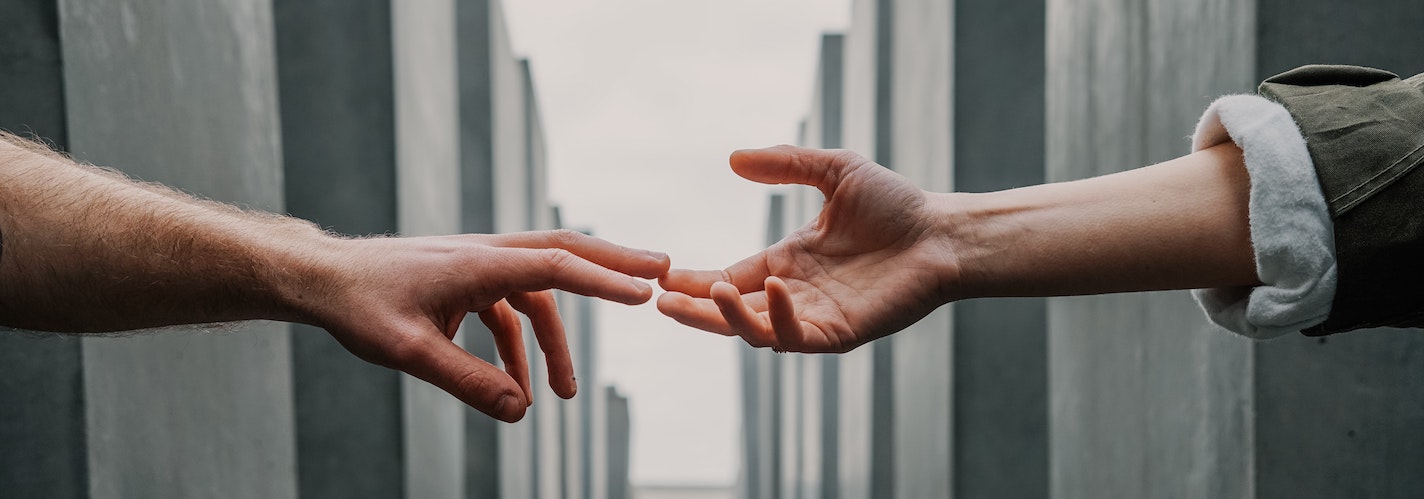Time to make mental health a priority in the workplace
As part of our Mental Health First Aider training, we invite our MHFA community to our free quarterly MHFA “Meet-Ups” which give them the chance to share challenges and best practices with each other, learning from other businesses, as well as networking with peers.
In September 2024, we hosted the next meet-up in our series, where we discussed everything from balancing the emotional toll of being an MHFAider with the challenge of further integrating the role (and mental health) into the workplace culture.
Read on for a summary of the challenges and successes discussed:
Navigating the role of Mental Health First Aider and manager and integrating mental health skills into Leadership
One challenge discussed is balancing leadership responsibilities with the role of being a mental health first aider (MHFAider). The particular concern discussed was that while they’re available to help, few team members are reaching out for their support, perhaps for fear of judgement by them as their manager.
We discussed that in some cases, the dual role of manager and MHFAider can create a conflict of interest, where employees may feel uncomfortable seeking help from someone who also evaluates their performance. A potential solution discussed was increasing the number of MHFAiders within the organisation to ensure support is accessible without this conflict and potential bias occurring.
It was added that while the skills of the MHFAider might not always be sought formally, they can often come into play informally during day-to-day interactions with team members and colleagues. Managers can use these skills (such as active listening) to build trust and a greater sense of understanding – vital ingredients for healthy and high performing teams.
Creating a safe environment for mental health conversations is arguably an essential role of a leader.
Coping with the emotional demands of being a Mental Health First Aider
We then discussed that Mental Health First Aiders often face emotional challenges, especially when empathising with and supporting others while maintaining their own wellbeing.
A key to managing these demands is practising self-care and recognising personal boundaries and limits. Having simple coping strategies in place, such as debriefing with a trusted friend or colleague after a mental health conversation (while keeping confidences as appropriate) or taking a walk, can help alleviate the emotional strain this can take on MHFAiders.
This is an essential component of being a MHFAider.
Promoting mental health in the workplace
We then discussed how many of the organisations present are working to promote mental health, but challenges remain, especially in engaging male employees and ensuring a diverse group of MHFAiders. While female representation in MHFAider roles is often higher, the goal and challenge is to create a balanced and inclusive environment where all employees feel comfortable accessing support. Some companies have incorporated mental health resources into their onboarding processes to normalise these conversations early on, helping create a culture where mental health is prioritised.
Sustaining Mental Health Initiatives Beyond Awareness Days
We then wrapped the meet-up by discussing the upcoming World Mental Health Day (10 October). With the theme* “It’s time to make mental health a priority in the workplace” it was discussed to what extent we feel this to be true and needed.
While events like WMHD are important for raising awareness, maintaining a focus on mental health throughout the year is critical. It was discussed that organisations need to avoid reducing mental health efforts to just a tick-box exercise. Instead, they should ensure that meaningful, ongoing initiatives are in place, despite time and budget constraints. By continuously promoting mental health and encouraging regular conversations, companies can build a supportive work environment that prioritises employee wellbeing.
This streamlined approach to mental health in the workplace underscores the importance of creating a culture of openness, equipping leaders with the right tools, and ensuring sustained efforts that extend beyond awareness days.
We ended by sharing the following ideas for mental health awareness days, such as WMHD:
- Company-wide talk / workshops / training on mental health, burnout, resilience
- Panel conversations with team members/colleagues who have lived experience of mental health challenges
- Wellbeing initiatives – movement, mindfulness, creative workshops, social activities
- MHFA “drop in” session
- Re-share internal resources e.g. EAPs or other resources
- Fundraising / volunteering activity for MH charity
- Blog, Vlog, Intranet post, LinkedIn post
- Share a mental health video / article
- Self-awareness exercises:
- One word exercise
- 1 – 10 stress scale
- Stress Container
- Tell a colleague you appreciate them 🙂
If you would like to chat to Nicky or Sarah about how we can support you and your people, get in touch here.
